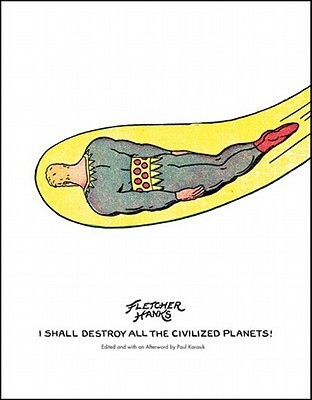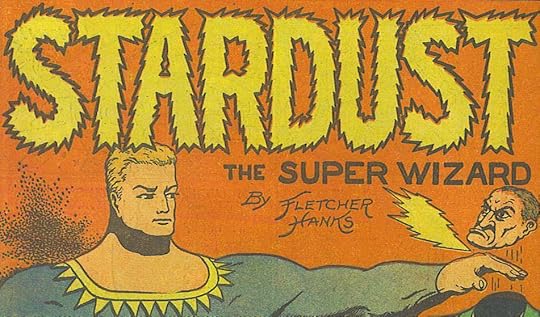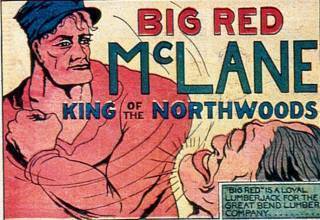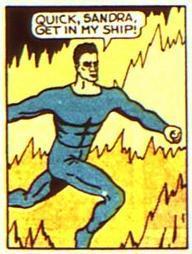What do you think?
Rate this book


120 pages, Paperback
First published January 1, 2007
Stardust, the scientific marvel whose vast knowledge of all planets has made him the most remarkable person ever known, is devoting his abilities to crime-busting.
Fantomah, the most remarkable woman ever known, has such keen insight that she can see and know all that happens in the jungle. She devotes her strange powers to protecting the creatures of Jungleland.
My oxygen-destroying ray is perfected, and we're ready to make the set-up for its use! We'll distribute the ray in an inactive state, and then I'll release the ray action by radio control from a central point! Every big shot in America is to die by suffocation, all at the same time! When they're out of the way, we grab control of everything!



